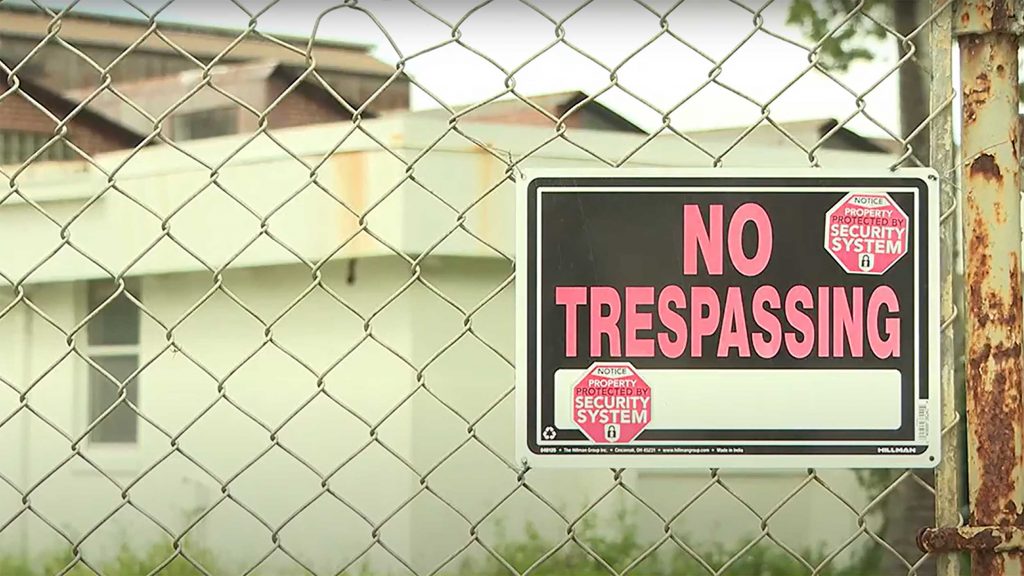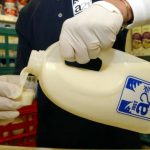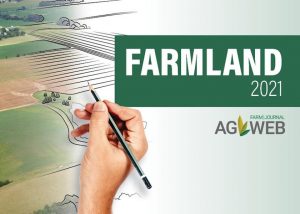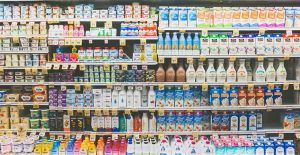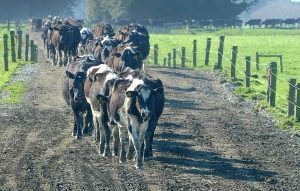
Urban sprawl is a growing issue in America. According to American Farmland Trust, we lose about three acres of farmland every minute. That’s a staggering statistic, especially when only 1.5 percent of the population in North America are farmers. The question we have to ask is, what happens when we lose more farmland? What happens when local food systems vanish?
Today, people are already concerned about foreign products, citing distrust in quality and safety. But as it stands, we must preserve our farmland to safeguard not only local economies but also our food security.
In small towns across America, issues like these hit home. I live in a small Florida town of about 1,000 people, and recently, a major ordeal unfolded regarding a proposed concrete batch plant. The batch plant stirred up the community, bringing together over 100 people at a town hall meeting to discuss whether or not it should be built.
The town hall committee — composed of the mayor, the vice mayor, and three commissioners — was set to vote on the project. What was surprising to me was the passion of my fellow residents. Everyone who showed up was ready with evidence, concerns, and reasons for opposing the plant. There were concerns about the health effects, traffic, noise, and how the batch plant could forever change the character of our small town.
On the other side, the man proposing the concrete batch plant had his own supporters — mostly his out-of-town friends — who saw the potential for jobs and business opportunities. However, the vast majority of my town, who would be directly affected, were strongly against it. They wanted to preserve our way of life, and I was intrigued.
Initially, I had no strong feelings either way. I understood the potential for business growth and the importance of keeping local jobs. But I also understood why my neighbors were concerned about the impact on our town’s quality of life. I attended the meeting with the mindset of listening and learning, not intending to speak or take sides.
As the meeting dragged on and I listened to the back-and-forth discussions, my opinion began to shift. During a break, I approached the man behind the batch plant proposal. I asked him directly about his intentions — what was the bigger picture? He revealed that the concrete batch plant was just the beginning. He had bought 500 acres of agricultural land, and his goal was to eventually develop that land into something else.
That’s when my issue with the project crystallized. The batch plant itself was set to be built on an existing industrial site, so it wasn’t the immediate development that concerned me. My issue was with what this would lead to — the loss of productive agricultural land. Those 500 acres were currently used for cattle, and the prospect of turning that land into concrete and development hit a nerve. We cannot afford to lose farmland at this rate.
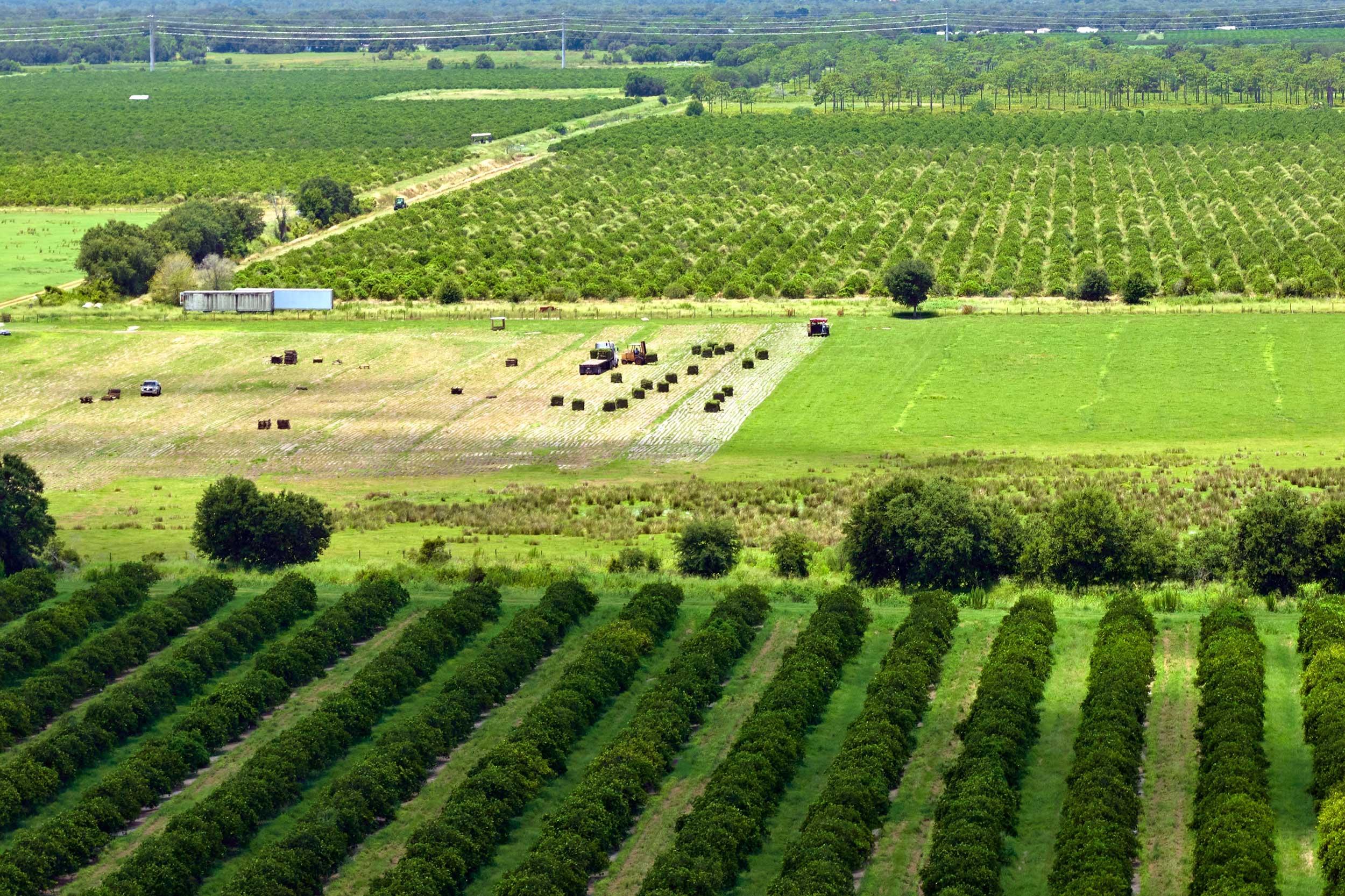
When the time came for public comment, I felt compelled to speak. I expressed that my concern wasn’t solely about the batch plant but the bigger picture: What happens when developers buy agricultural land and take it out of production? Farmland isn’t just dirt; it’s the foundation of our food system. Losing it means losing our local food supply, losing jobs in farming, and losing a piece of our heritage. We have to prioritize keeping farmers on the land and preserving local, healthy food sources, especially when trust in foreign imports is dwindling.
The meeting continued for seven long hours. By 1 a.m., most of us were exhausted, and it was clear people wanted the vote to happen. Two commissioners spoke and voted “no.” The vice mayor and mayor, however, seemed hesitant. They were stalling, likely due to their connections with the man proposing the plant. It felt like they were buying time, hoping to sway the decision in favor of their friend.
But then, in a sneaky move, the lawyer representing the batch plant stood up and withdrew the permit request before a vote could take place. This abrupt move allowed them to regroup, essentially buying more time to try again later. I was furious. We had all spent seven hours in that meeting, thinking we were about to get a decision, only to have the rug pulled out from under us. It was a manipulation of the system and a blatant disregard for the community’s time and concerns.
To make matters worse, as the meeting wrapped up, the batch plant owner and his son made disparaging remarks about our town. They called it a “dump,” which infuriated everyone present. If they thought so little of our town, why were they so keen to build here in the first place? Their attitude only solidified the community’s stance against them.
This experience taught me an important lesson about the importance of showing up and making your voice heard. In rural America, and for agriculturalists across the country, these local political battles are critical. The future of farming and food security depends on keeping farmers on the land and preventing reckless development that prioritizes profit over community and food sustainability.
Farmland is not just about producing food; it’s about keeping the ecosystem balanced, preserving local economies, and ensuring a secure food supply for future generations. When land is lost to development, it’s lost forever. We must be vigilant and stand up for agriculture, because without it, we risk losing much more than land — we risk losing our way of life.
In the end, cows and other agricultural products keep Florida green, and we need to keep them where they belong — on farmland, not in concrete jungles.
Michelle Miller, the Farm Babe, is a farmer, public speaker, and writer who has worked for years with row crops, beef cattle, and sheep. She believes education is key in bridging the gap between farmers and consumers.
You can now read the most important #news on #eDairyNews #Whatsapp channels!!!
🇺🇸 eDairy News INGLÊS: https://whatsapp.com/channel/0029VaKsjzGDTkJyIN6hcP1K
